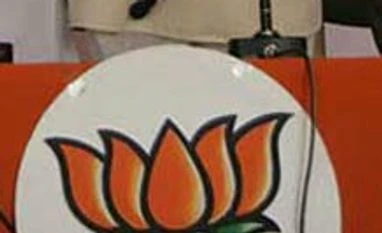"This action is delayed. But undoubtedly it is a welcome action, said BJP spokesperson Rajiv Pratap Rudy said on a television channel. "It was a much awaited decision, much wanted decision so that the world could see that India is committed against terror, the fight against terror."
Rudy claimed that the BJP was always in favour of stringent and swift action against terrorists. He said: "Any action against terror like the hanging of Afzal Guru should be immediate. It cannot be delayed. If the highest court of the land upheld the conviction of Afzal Guru in 2007, thereafter there was no reason that any mercy petition should have been delayed for so long."
The BJP's key ally in Maharahtra, the Shiv Sena, concurred with its views and lauded the government for a delayed albet bold decision. Sena spokesperson Sanjay Raut claimed on television that late party supremo Balasaheb Thackeray had been insisting on Guru's execution for several years and had, on several occasions, wondered he was being given special treatment by the UPA government.
Guru was held guilty of conspiring with and sheltering the terrorists who made the actual assault on the Parliament, and was sentenced to death in 2002. The verdict was upheld by the Delbi High court, and ultimately by the Supreme Court in 2004.
On December 13, 2001, five heavily-armed gunmen stormed the Parliament complex and opened fire indiscrimately, killing seven security personnel, including a woman CRPF official. A gardener was also among the dead, and a journalist later succumbed to injuries sustained in the assault.
A year later, four accused, including Afzal Guru, were arrested for the attack and found guilty after a trial.
Executions are only carried out for the "rarest of rare" cases in India and Guru's would be only the second since 2004.
The sole surviving gunman from the 2008 Mumbai attacks, Pakistani-born Mohammed Ajmal Kasab, was executed on November 21 last year.
)